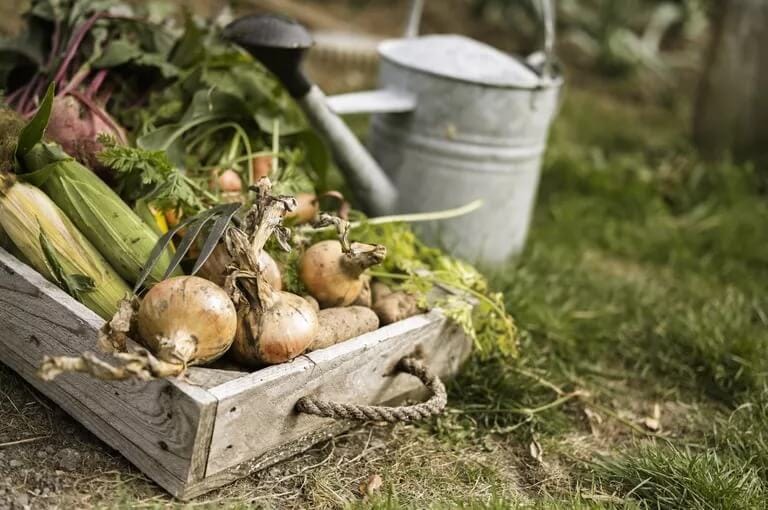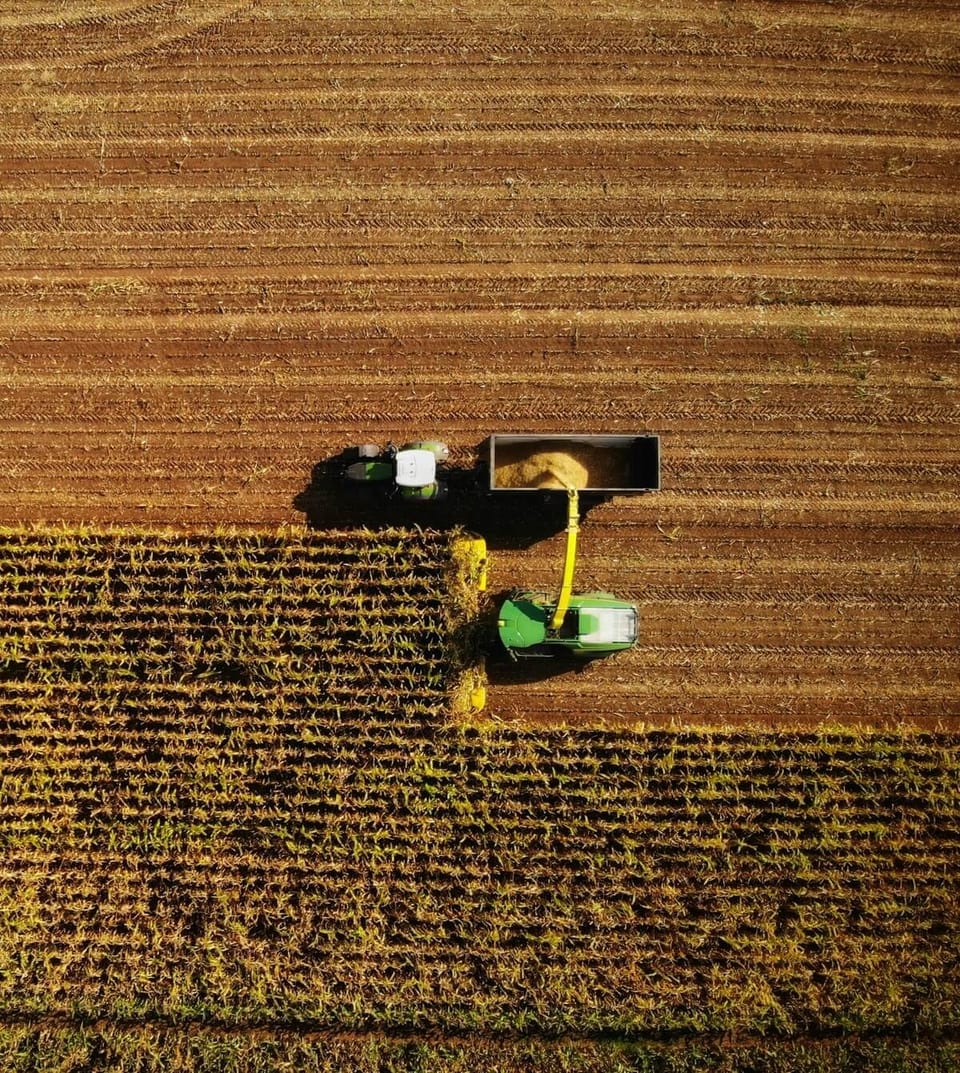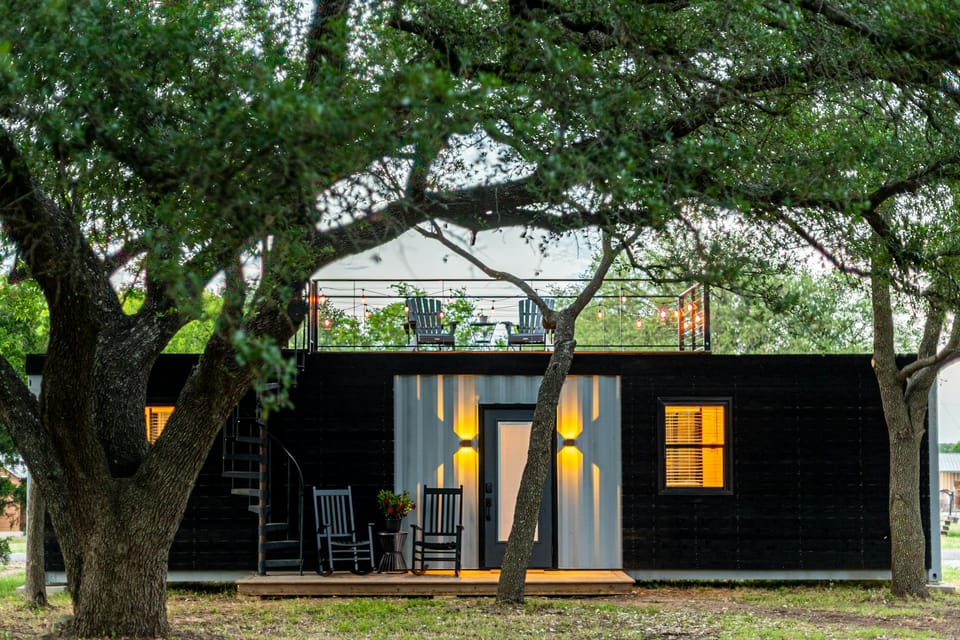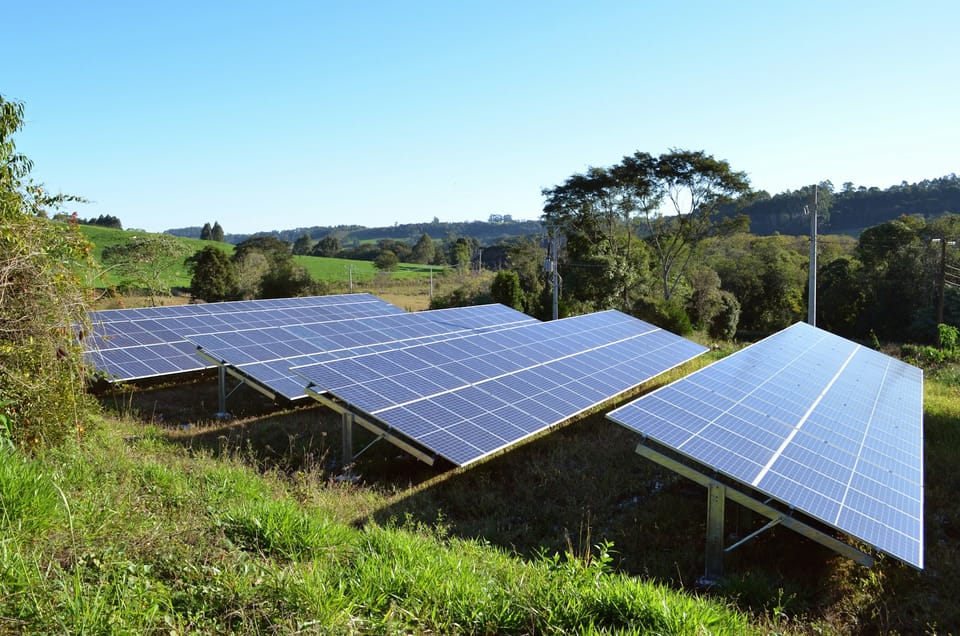Have You Ever Wondered What Homesteading Is?
Homesteading is more than a trend—it’s a return to self-reliance. This guide explains what it means to homestead today, from growing your own food to living closer to nature and reducing dependence on modern systems.

Many people use the word "homesteading" without really thinking about what it means. What is a homestead? What is the definition of homesteading? Are you "really" a homesteader?
The Broad Definition of Homesteading
Homesteading is a spectrum. Ultimately, the broadest definition is that it is a lifestyle with a commitment to self-sufficiency. This can encompass growing and preserving food; providing your own electricity with solar, wind or water; and even making your own fabric and clothing. Some homesteaders aspire never to use money; they want to make things or barter for everything they need. Others take a more measured approach, and although they aspire to provide as much as they can for themselves, they may be OK with using some money and working for pay—either as an end goal or during the transition to homesteading.
Urban and suburban homesteading is a subset of homesteading. These are people who live in or near cities and may still consider themselves homesteaders because they're trying to provide for their own needs within the confines of a small suburban house and yard or even a tiny city lot.
In the United Kingdom, "smallholding" is a similar term that means the same thing as homesteading—a goal of self-sufficiency, running a small diversified farm that feeds the people who live on it.
Mother Earth News defines homesteading for the 21st century in the following way:
"[It] is all about self sufficiency—wherever you live. It’s about using less energy, eating wholesome local food, involving your family in the life of the community and making wiser choices that will improve the quality of life for your family, your community and the environment around you."
It does not have to mean going without modern technology, but rather seeking to generate energy in environmentally-friendly ways, or using digital media to promote sales of homegrown food and handicrafts.
Why Do People Homestead?
Homesteaders don't necessarily all share the same values and reasons for homesteading and can be a diverse bunch. Some may be retiring from a lucrative career that allows them to have the money to invest in the infrastructure needed to fully support themselves on the land. Others may be coming to homesteading with nothing, setting up a scrappy stronghold to provide for themselves in the face of economic hardship. These two situations could look very different, yet both people consider themselves homesteaders.
These people are craving a return to the land, in some way, shape, or form. Perhaps they have grown disillusioned with the disconnect that exists between urban living, food production, physical labor, and the seasons. Maybe they want to escape the "rat race" and embrace slower, simpler living. They might want to learn to garden or farm, to care for livestock, to use their hands to earn a living. There are many diverse reasons for wanting to homestead—and no doubt it is a deeply satisfying endeavor.








